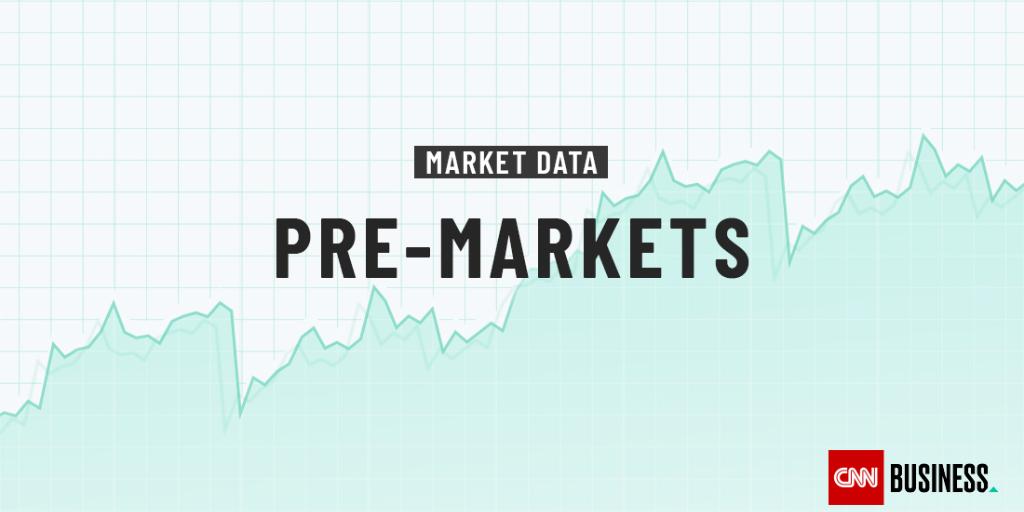Decentralized finance (DeFi) has emerged as a transformative force in the financial industry, offering a new approach to traditional financial systems. By leveraging blockchain technology and cryptocurrencies, DeFi provides opportunities for financial inclusion, transparency, and innovation. However, along with the rewards, DeFi also carries risks and challenges that need to be understood and managed. In this article, we will explore the risks and rewards of decentralized finance, enabling you to make informed decisions in this evolving landscape.
Understanding Decentralized Finance (DeFi)
Decentralized finance, or DeFi, refers to the use of blockchain technology and cryptocurrencies to recreate traditional financial systems in a decentralized and transparent manner. DeFi protocols enable peer-to-peer transactions, automated financial agreements through smart contracts, and access to various financial services without the need for intermediaries. This open and permissionless nature of DeFi has sparked significant interest and investment in the space.
The Rise of Decentralized Finance
Decentralized finance has experienced rapid growth in recent years. The introduction of Ethereum and its smart contract capabilities paved the way for the development of DeFi applications and protocols. These platforms facilitate lending, borrowing, trading, and other financial activities in a decentralized manner. The rise of DeFi has attracted attention from investors, developers, and users seeking financial empowerment and new opportunities.
Benefits and Opportunities of Decentralized Finance
Decentralized finance offers several benefits and opportunities:
Financial Inclusion
DeFi opens up access to financial services for individuals who are unbanked or underbanked. Anyone with an internet connection and a compatible wallet can participate, regardless of their location or socioeconomic status. This inclusivity empowers individuals to control their finances and engage in economic activities.
Transparency and Audibility
Blockchain technology provides transparency by recording all transactions on a public ledger. Users can verify and audit transactions, ensuring trust and accountability within the system. This transparency reduces the likelihood of fraud and enhances confidence in the financial ecosystem.
Open Innovation and Interoperability
Decentralized finance fosters innovation by allowing developers to build on existing protocols and create new financial products and services. The open nature of DeFi encourages collaboration and interoperability, enabling different projects to seamlessly integrate and leverage each other's strengths.
Yield Generation and Investment Opportunities
DeFi offers various opportunities for yield generation and investment. Users can provide liquidity to decentralized exchanges and earn fees or participate in yield farming by staking their assets in liquidity pools. Additionally, token sales, initial coin offerings (ICOs), and decentralized crowdfunding platforms provide investment avenues.
Decentralized Governance
Many DeFi projects embrace decentralized governance, allowing token holders to participate in decision-making processes. This democratic approach ensures that the community has a say in the direction and development of the platform, increasing transparency and trust.
Risks and Challenges of Decentralized Finance
While decentralized finance presents significant opportunities, it also comes with risks and challenges that need to be carefully considered:
Smart Contract Vulnerabilities
Smart contracts, the backbone of DeFi protocols, can contain vulnerabilities that could be exploited by malicious actors. Code audits, thorough testing, and ongoing security measures are necessary to minimize the risks associated with smart contract vulnerabilities.
Regulatory Considerations
The decentralized and global nature of DeFi raises regulatory challenges. Jurisdictional issues, compliance with anti-money laundering (AML) and know your customer (KYC) regulations, and evolving legal frameworks require careful attention to ensure regulatory compliance and avoid potential legal risks.
User Experience and Education
The user experience of decentralized finance platforms can be complex and unfamiliar to traditional users. A lack of user-friendly interfaces, educational resources, and clear instructions may discourage adoption and hinder the growth of DeFi coins. User education and intuitive interfaces are essential to overcome these challenges.
Rewards of Decentralized Finance
Despite the risks, decentralized finance offers several rewards:
Financial Empowerment
Pollux DeFi enables individuals to have full control over their funds and engage in financial activities without relying on intermediaries. This financial empowerment promotes economic independence and fosters a sense of ownership over one's assets.
Potential for Higher Returns
Decentralized finance provides opportunities for higher returns through yield farming, liquidity provision, and investment in promising DeFi projects. With careful research and risk management, investors can take advantage of the potential upside in this dynamic market.
Innovation and Disruption
Decentralized finance drives innovation and disrupts traditional financial systems. The ability to experiment with new financial products, business models, and governance mechanisms encourages creativity and pushes the boundaries of what is possible in the financial landscape.
Investment Opportunities in DeFi
Investing in decentralized finance can be an attractive option for those seeking exposure to this emerging sector. Some investment opportunities in DeFi include:
DeFi Tokens
Investing in DeFi tokens allows individuals to participate in the growth of specific projects and protocols. Researching and selecting promising tokens with strong fundamentals and a solid track record can potentially yield significant returns.
Liquidity Provision
Providing liquidity to decentralized exchanges and liquidity pools can generate passive income through transaction fees and yield farming rewards. Understanding the risks, rewards, and mechanisms of liquidity provision is crucial for successful participation.
Participating in Token Sales and Crowdfunding
Early-stage DeFi crypto projects often raise funds through token sales or decentralized crowdfunding platforms. Participating in these opportunities allows investors to support promising projects from the ground up and potentially benefit from their success.
Decentralized finance offers a new paradigm for financial transactions, promising transparency, inclusivity, and innovation. While there are risks and challenges associated with DeFi, the potential rewards make it an enticing space for investors and individuals seeking financial empowerment. By understanding the risks, conducting thorough research, and adopting sound risk management strategies, individuals can navigate the decentralized finance landscape and capitalize on its rewards.






 English (US) ·
English (US) ·